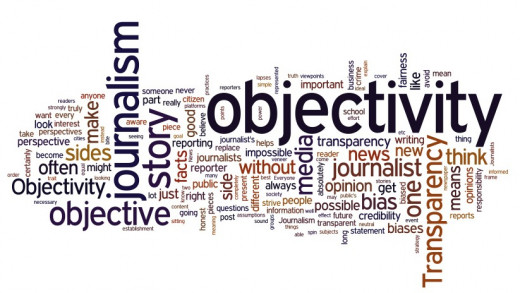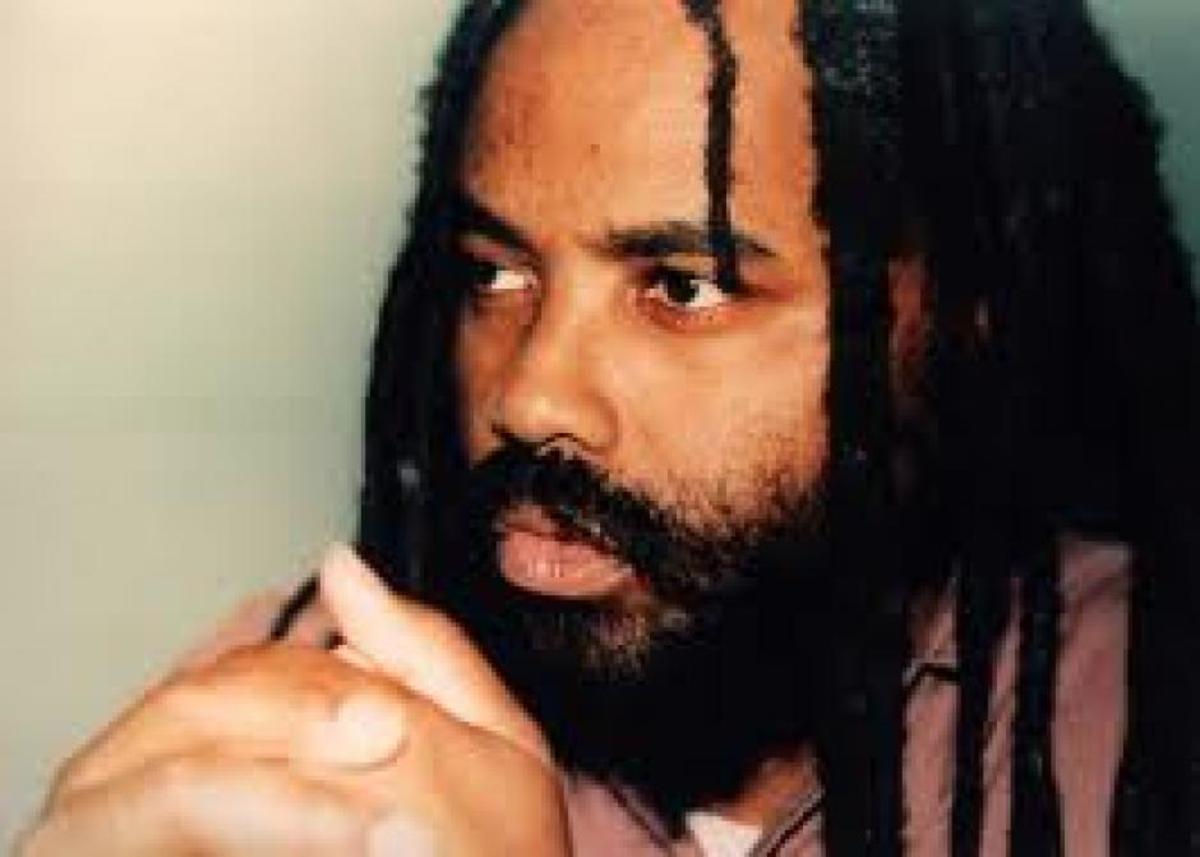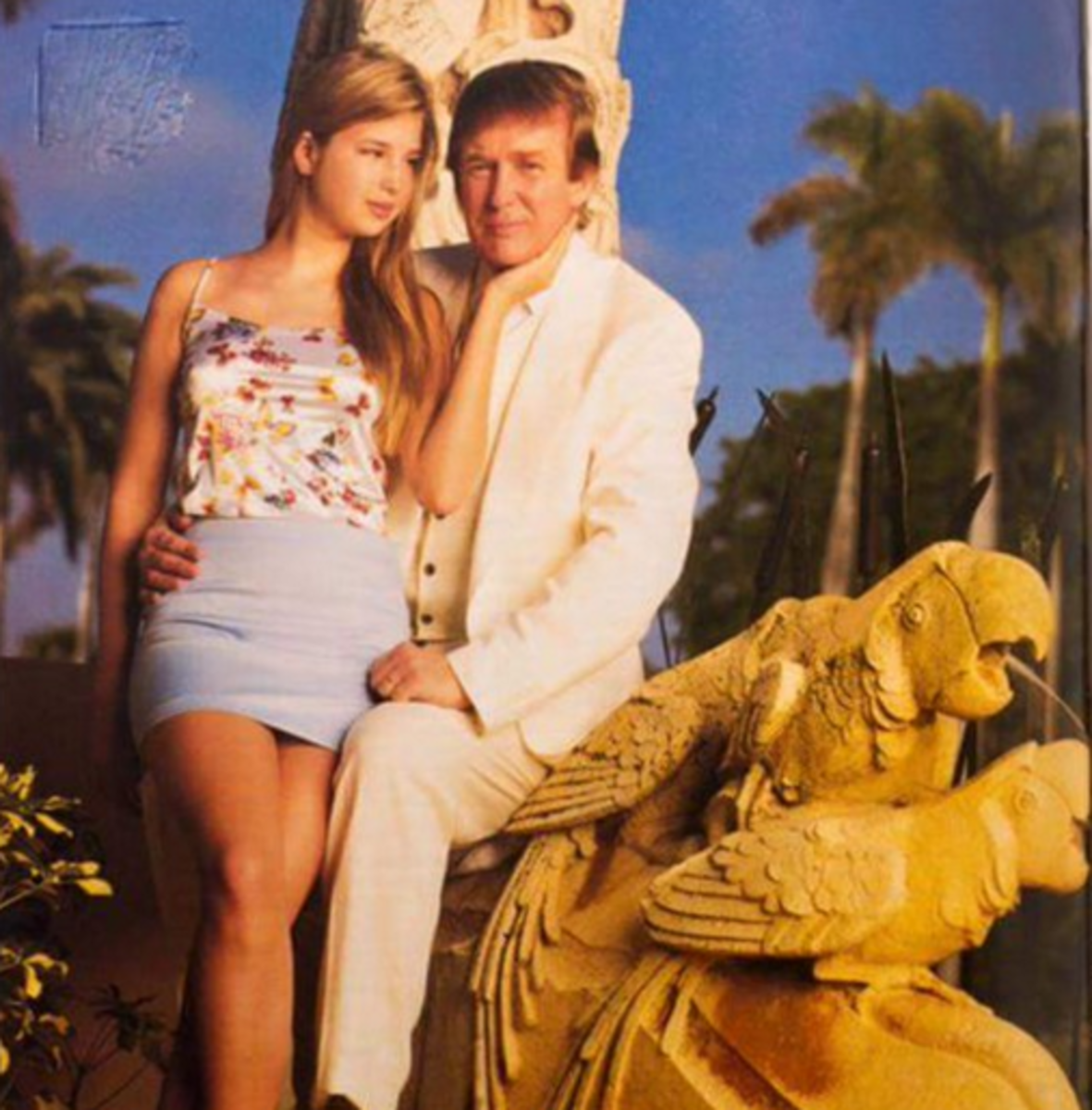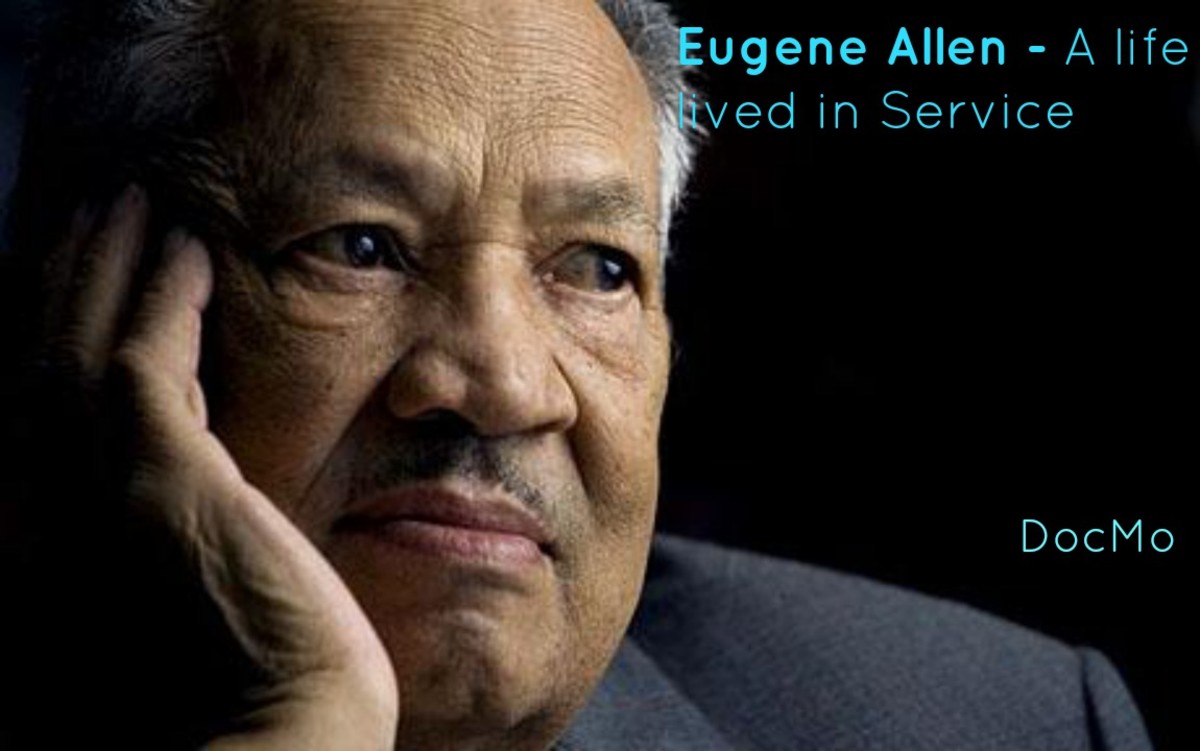Beyond Objectivity: Seeking Truth in Journalism

“There are two sides to every story,” says an old and popular adage that has for many years guided the practice of journalism in the world. On every issue, journalists have always been expected to find and present differing views and opinions and present them to the general public on a balanced scale without bias or prejudice and to trust the public to make its choices based on the different arguments of both sides. From healthcare to religion, climate change, and immigration, conversations through the media are organized to give a balanced platform for the propagation of different ideas without regard for the objective truth. While the idea of listening to every view and allowing every voice to be heard may sound appealing, the obsession with finding a balance in reportage and being objective is perhaps making journalists forgetful of their core mandate: the pursuit of basic truth. And it is perhaps time that journalism was structured around truth.
The balance model is an unfortunate result of the practice of extreme objectivity in journalism and a loose understanding of what objectivity really is. The term objectivity can be traced back to Walter Lippman, an influential Amerian journalist of his time, who, fed up with the abundance of biased news reportage, called for the “scientific approach” of impartiality in the gathering and reporting of news. Objectivity became a popular term in journalism in the late 20th century as a way of ensuring general standards and consistent methods of testing information. Journalists in practice began seeking out divergent opinions on news coverage and presented the news as it was without their own interpretation and began seeking out a balance by providing an equal voice to divergent views. On every issue, journalists tried to offer equal opportunities for groups with different views to explain their reasoning; however, when some groups of people began to abuse the opportunity to share their views by providing misinformation on several issues, journalists, in a show of their misunderstanding of what objectivity entailed and perhaps in fear of being characterized as impartial, recused themselves from such conversations, failing to draw the line on what was considered acceptable arguments. Groups and lobbyists began to exploit this hole in journalism and found a way to influence public opinion by presenting every issue as an uncertain argument without universal agreement. Take for example the debate on whether Tobacco had harmful health effects for its users, the Scientific community was unequivocal in its assertion that tobacco had serious health effects for its users. The American Cancer Society and the Center for Disease Control both stated categorically that smoking tobacco had serious health risks for people. The statistics to support such claims were staggering: 16 million Americans were living with a disease caused by smoking; Smoking caused cancer, heart disease, stroke, lung diseases, and diabetes; 480,000 people in the United States died from illnesses related to tobacco use annually. In spite of these staggering evidence, Journalists still allowed the conversation around the topic to be framed as an issue without consensus and offered equal opportunity for the tobacco companies to respond by spreading misinformation and questioning the scientific facts about smoking, creating skepticism in the public’s eye about the studies. Was that the objectivity Lippman had in mind when he said, “good reporting requires the exercise of the highest scientific virtues.” I tend to believe no. By comparing journalism to the scientific method, Lippman envisioned a journalistic process where the gathering and reporting of news was not only impartial but was also characterized by systematic observation and rigorous verification of what was reported.
In the scientific world, when there is compelling evidence to support a hypothesis, there is a general consensus and it is accepted as a theory. Theories can only be disproved in the wake of new compelling evidence that contradicts the previous study. In the age of increasing partisanship, it has become a matter of great necessity, that journalists move beyond objective reporting to a more reliable reporting process that tells the truth when it is known. Take for example the idea that the world is flat. There are still people who believe the world is flat even though there is compelling scientific evidence to suggest otherwise. When reporting on this issue, journalists should have no problem with telling the truth that the world is not flat nor should they feel in a way an obligation to appeal to people who believe in the misguided theory that the world is flat. The truth must be told, however, unpleasant it may appear to a certain group of people.
The American Press Association provides the gold standard definition for what principles journalists must hold dear: The obligation of journalists is the pursuit of truth. The obligation of a journalist is not to his or her employers, a religious or social group, but it is an unflinching desire to pursue and tell the truth in whichever form it may be and whatever consequences it may bring. And someone may ask what will the pursuit of truth as opposed to objectivity in journalism achieve.
For one thing, truth in journalism matters because it helps provide a coherent and standard society. Imagine living in a society where there is no standard of accepted behavior or consensus on what is considered true and untrue. Imagine living in a society where anybody could arbitrarily define what they believed to be true or not without facing and review. Think about the chaos such a system would create. For this reason, the pursuit of truth in journalism acts as a check to society and provides sanity to an otherwise disorderly system.
However, there are legimate concerns raised when we request that journalists go beyond objectivity and tell the truth when it is knowable. People argue that placing such responsibility on journalists will allow them further opportunity to be inherently biased in their pursuit of truth because it will allow journalists to define what they see as true and untrue.
I am the first to admit the definition of truth does not come easy. On most issues, it is almost impossible to define truth. However, most people will agree to Aristotle’s famous definition of truth: “To say of what is that it is not, or of what is not that it is, is false, while to say of what is that it is, and of what is not that it is not, is true.” In this archaic definition lies the greatest definition of truth: the conformance of an event to reality. By this definition, every issue can be classified as true or untrue based on its relation to reality. So journalists will not get to decide what to choose to call true and what to call untrue. A statement will be accepted as true only based on its conformance to reality. This will create a standard for what is considered acceptable and unacceptable. For example, A journalist will be unable to call a day rainy when it is, in fact, sunny because there is a general agreement on what a sunny day and rainy day constitute. A journalist cannot call President Bush the current president of the United States when it is, in reality, President Trump. In the same vain, a journalist will be expected to speak the truth on Climate Change and acknowledge that there is a general consensus in the scientific community that it is happening and will not tolerate any other contrary assertion just as any other contrary assertion about who is the current President of the United States will not be tolerated.
It remains true that we cannot forcibly change an opinion held by an individual or a group, and there will always be people who refuse to accept the truth no matter the evidence in favor of it. There will perhaps continue to be people who believe that the Earth is flat, and people who believe that President Obama is not the first African American president of the United States and that he was not born in America. While these opinions cannot be changed forcibly, journalists owe a responsibility to continue telling the truth in favor of being objective and appealing to people with such ideas, because the more we pursue truth the more we get closer to a sane society.








